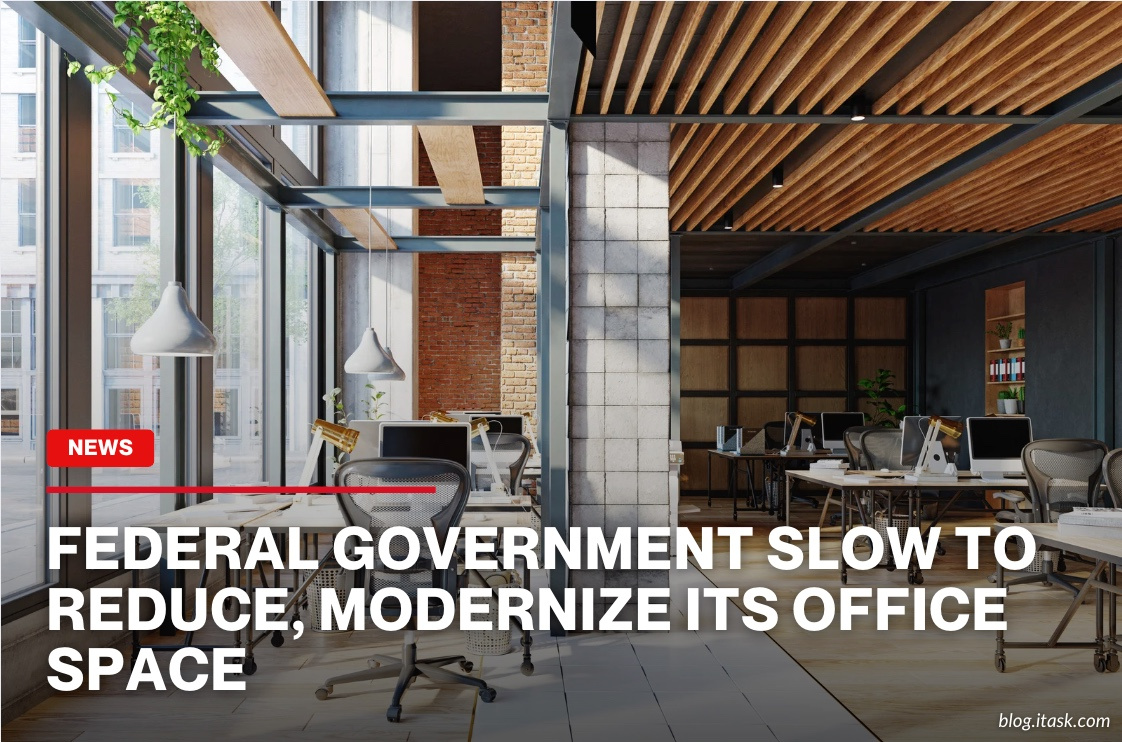Federal government slow to reduce, modernize its office space
Federal government slow to reduce, modernize its office space

A recent report from Canada’s Auditor General shows that the federal government is not moving fast enough to reduce and modernize its office space. Public Services and Procurement Canada first laid out plans back in 2019 to cut down its office footprint, but so far, only about 2 per cent has been reduced—largely because the full effort only started in 2024.
Part of the problem is funding. The Auditor General highlighted that delays stem from a lack of money. Also holding back progress are worn-out buildings, the sheer size of the government’s property portfolio, rising costs from inflation, and in some cases, pushback to change from federal tenants.
Beyond shrinking space, the government has also fallen short when it comes to modernizing offices. The goal was to refresh at least 4 per cent of office space each year, moving toward open-plan layouts without assigned desks. Since 2021, though, only about 2 per cent has actually been modernized annually.
In its 2024 budget, the former Liberal government unveiled a plan aiming to cut the office portfolio in half over ten years—a $1.1 billion effort to unlock savings and free up buildings that could become housing. But the report finds that the plan’s likely yield is closer to 33 per cent reduction by 2034, not the full 50 per cent.
The report points to additional risks that could stall the plan further. Almost half of federal tenants had not signed agreements to cut their usage of office space, and talks were still underway at the time of the audit. That uncertainty could push back timelines. Delaying the sale or renovation of buildings not suitable for housing may also lead to higher maintenance costs, which the plan must account for.
Conservative Leader Pierre Poilievre criticized the government, saying it failed to follow through on its promise to turn buildings into housing, especially as so many Canadians struggle to afford homes. Procurement Minister Joël Lightbound responded that he accepts the Auditor General’s recommendations and pledged that his department will provide annual updates and work more closely with federal departments to improve data and progress.
